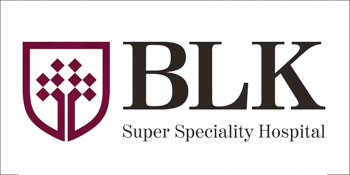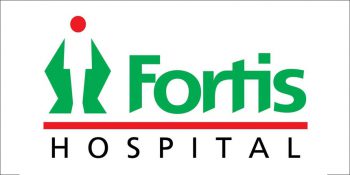Lung Cancer treatment Cost in India
Various approaches are used for lung cancer treatment, as it depends on the number of factors that can be classified based on the type of cancer, either small-cell or non-small cell or stage of cancer. After the examination, the doctor will plan the treatment. The treatment is based on several factors, such as the stage of cancer, other lung problems such as chronic bronchitis or emphysema, other prior or current medical conditions; and possible side effects of treatment. Lung cancer treatment can be customized according to the patient’s needs, it may include one or more therapies to treat cancer.
The cost of the treatment depends on the type of treatment offered and the stage of the disease and the estimated cost for lung cancer treatment ranges between 8,200 USD to 10,000 USD.
The following treatments are used for leukemia:
- Chemotherapy
- Radiation therapy
- Wedge resection
- Pneumonectomy
The cost of treatment may also differ from one hospital to another depending upon the infrastructure, test facilities, and surgeon, etc. Accommodation can be arranged in the hotels and guest houses located near to the hospitals and the cost may vary from USD 25-100 depending upon the patient’s choices.
Best Lung Cancer treatment Hospitals in India

BLK Speciality Hospital
Hospital Overview Dr. B L Kapur, an eminent Obstetrician and Gynaecologist, set up a Charitable Hospital in 1930 at Lahore. In 1947, he moved …
Read more
Fortis Hospital, Mulund
Hospital Overview Fortis Hospital, Mulund is a JCI accredited, 300-bed multi-specialty tertiary care hospital providing a range of diagnostic …
Read more
Apollo Spectra
Hospital Overview Apollo Group Hospitals are the forerunner of integrated healthcare in Asia with a futuristic vision of making India a preferred …
Read moreLung Cancer treatment
Lungs Cancer
Lung cancer begins when cells in the lung change and grow uncontrollably to form a mass called a tumor. A lung tumor can begin anywhere in the lung.
Types:
- Non-Small Cell
Non-small cell lung cancer (NSCLC) comes from epithelial cells and is the most common type. - Small-Cell
Small cell lung cancer begins in the nerve cells or hormone-producing cells of the lung. The term “small cell” refers to the size and shape of the cancer cells as seen under a microscope.
Causes of Lung cancer
90 percent cases of lung cancer are the result of smoking, as the smoke is inhaled into lungs, it starts damaging the lungs. The lung can repair the damage tissues of lungs, but continued exposure to smoke make it difficult for the lungs to keep up the repair.
- Smoking
- Asbestos fibres
- Radon gas
- Familial predisposition
- Lung diseases
- Prior history of lung cancer
- Air pollution
Symptoms of Lung cancer
- A new cough that doesn’t go away
- Changes in a chronic cough or “smoker’s cough”
- Coughing up blood, even a small amount
- Shortness of breath
- Chest pain
- Wheezing
- Hoarseness
- Losing weight without trying
- Bone pain
- Headache
- Swelling of the neck and face
- Loss of appetite
- Fatigue
Lung Cancer treatment
Various approaches are used for lung cancer treatment, as it depends on the number of factors which type of cancer either small- cell or non-small cell and the cancer stage and after the examination, your doctor will plan your treatment. If diagnosed with lung cancer, your doctor will discuss the best options to treat it. The treatment will be based on the several factors, as the stage of cancer, other lungs problems such as chronic bronchitis or emphysema, other prior or current medical conditions; and possible side effects of treatment. Lung cancer treatment will be customized according to the particular need; it may include one or more therapies to treat cancer.
Lobotomy
For NSCLC, a lobectomy (removal of an entire lobe of the lung) has been shown to be the most effective type of surgery, even when the lung tumor is very small.
A Wedge
If the surgeon cannot remove an entire lobe of the lung, the surgeon can remove the tumor, surrounded by a margin of normal lung.
Pneumonectomy
If the tumor is close to the center of the chest, the surgeon may have to remove the entire lung.
Radiofrequency Ablation
Radiofrequency ablation (RFA) is the use of a needle inserted into the tumor to destroy cancer with an electrical current. It is sometimes used for a lung tumor that cannot be removed with the other types of surgery listed above.
Adjuvant Therapy
Adjuvant therapy is a treatment that is given after surgery to lower the risk of lung cancer returning. Adjuvant therapy includes radiation therapy, chemotherapy, and possibly targeted therapy.

